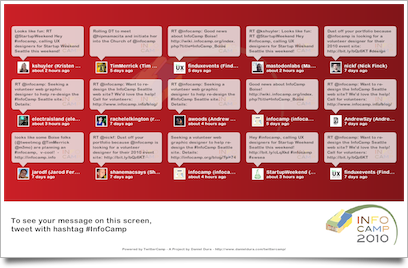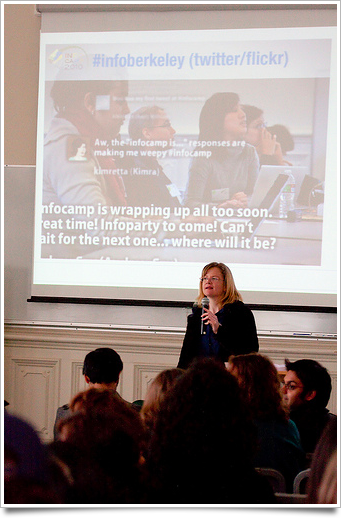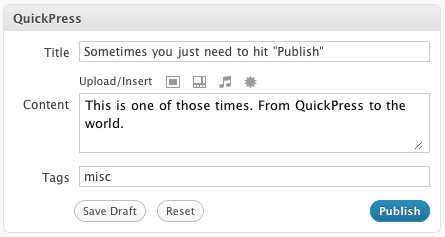The West Falls Church Metro station provides an unusual aural experience to D.C.-area commuters. As I entered the station last week, I thought I heard, in the following order:
- A pre-novice saxophonist assaulting commuters’ ears with noise
- A highly skilled saxophonist assaulting commuters’ ears with extended techniques
- Whale-song
None of these guesses was correct, as it turns out. As I pulled out my phone to record the scene, it occurred to me that what sounded like the pained vocalizations of a large animal or aspiring musician might be neither.
It was the greasing-song of the downward escalator. Put another way: the escalator was groaning in need of maintenance.
After my train arrived, I inspected the recording to see if it followed any pattern. As the following image shows, it was distinctly periodic—and I had been able to catch almost three full cycles before my train arrived:

What’s more, the cycles are almost exactly 88.5 seconds long. D.C. locals will recognize this as the broadcast frequency of WAMU, American University’s radio station. Which leaves open the question: does the greasing-song represent a breakdown in maintenance, or is it a planned student art installation?
Listen here:


